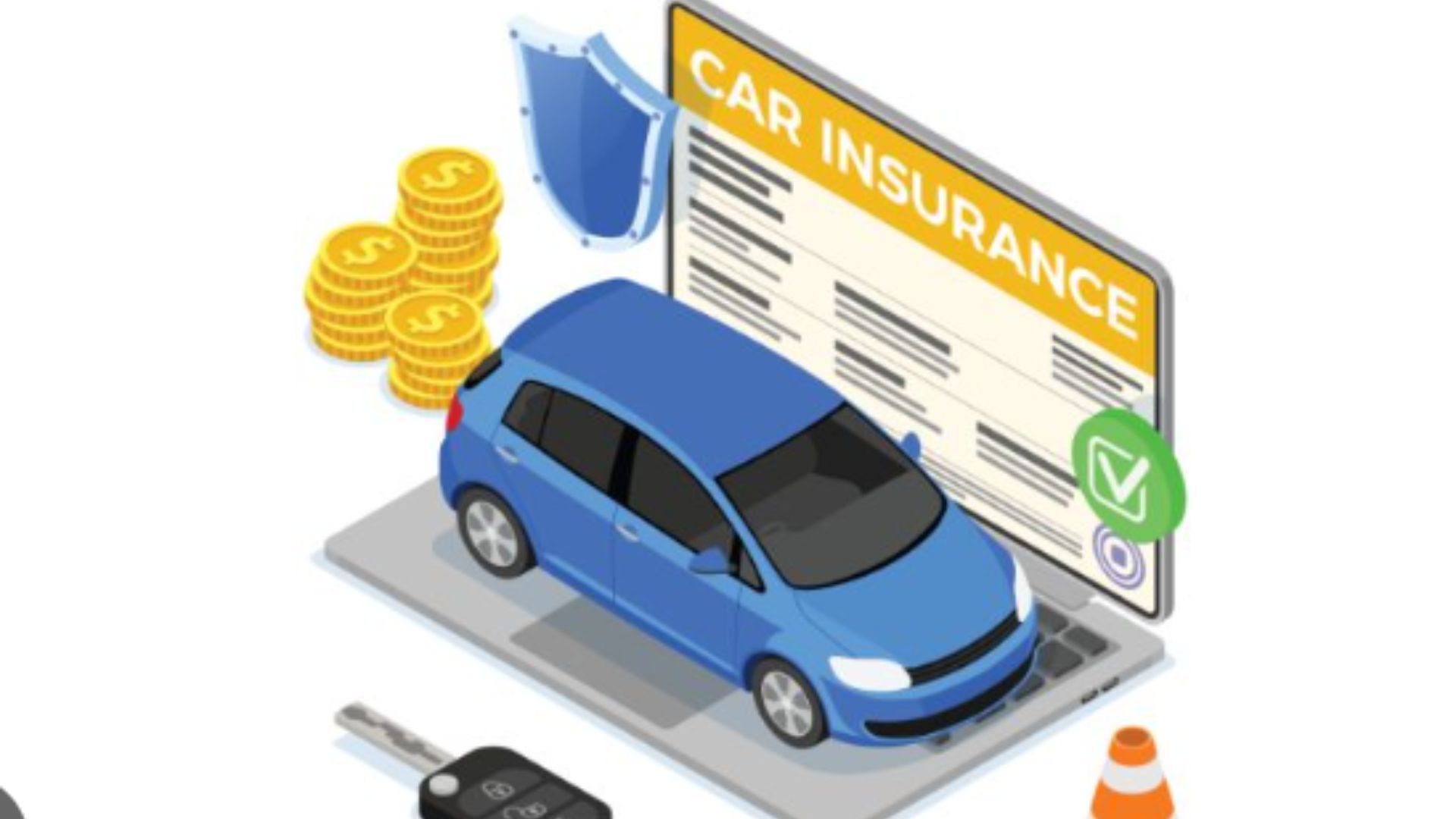

Car insurance coverage encapsulates a pivotal concept necessitating comprehension upon the acquisition of a new automobile. Despite meticulous precautions taken by the owner, the vehicle may still find itself entangled in unforeseen events like accidents, breakdowns, or other unpredictable occurrences. In such instances, a car insurance policy emerges as a financial safeguard against potential losses.
A myriad of car insurance policies is available, each boasting its own distinct set of coverage options. It becomes imperative for the car owner to meticulously select a policy aligned with their specific needs and financial constraints.
The diverse array of car insurance coverage in India includes:
Third-party liability insurance assumes the responsibility of safeguarding the insured party against legal liability stemming from loss or harm to a third party’s property or person, caused by the insured. This insurance encompasses the cost of repairing or replacing the damaged vehicle of third parties, expenses related to hospitalization and treatment, as well as liabilities arising from third-party fatalities. In India, third-party liability insurance is obligatory under the Motor Vehicles Act. The assured sum on the insurance should be sufficiently high to preempt the car owner from incurring out-of-pocket expenses in the event of an accident.
Collision damage car insurance coverage serves to reimburse the car owner for the expenses incurred in repairing the vehicle following an accident. The coverage cost is contingent upon the car’s age and its Insured Declared Value (IDV), derived from the car’s market value. The maximum payout under a collision damage coverage policy is the IDV less accumulated depreciation, signifying the wear and tear the car has undergone since its acquisition. If a car is purchased through a loan, obtaining collision damage coverage becomes imperative, as lenders mandate this protection to secure their vested interest in the vehicle.
A personal accident car insurance policy extends protection to the owner-driver in the event of an accident, covering medical expenses, death, and permanent disability. Particularly crucial for individuals frequently undertaking work-related travel, this insurance offers financial security in the face of potential accidents. Car owners engaged in frequent business travel should contemplate the acquisition of a personal accident car insurance policy to ensure comprehensive coverage.
Zero depreciation cover serves as an add-on to car insurance policies in India, facilitating the owner in obtaining the full claim amount sans depreciation considerations. This implies that the owner is exempt from covering the depreciation of replaceable parts. While the zero depreciation cover applies to all car parts except tires, tubes, and batteries (covered at 50%), most insurers typically permit two claims of zero depreciation during the policy tenure, though exceptions exist with certain insurers allowing an unlimited number of claims.
As the nomenclature suggests, comprehensive car insurance represents the most all-encompassing type of policy available. It spans a broad spectrum of risks, including damage to third-party property, harm to the owner’s vehicle, personal injury, and non-collision damage such as storms, floods, fire, and theft. Additional coverage options can be incorporated to augment the policy’s scope further. Comprehensive car insurance acts as a formidable financial bulwark against an extensive range of risks, shielding the owner against losses or damages to both themselves and their vehicle, while also addressing third-party liabilities.